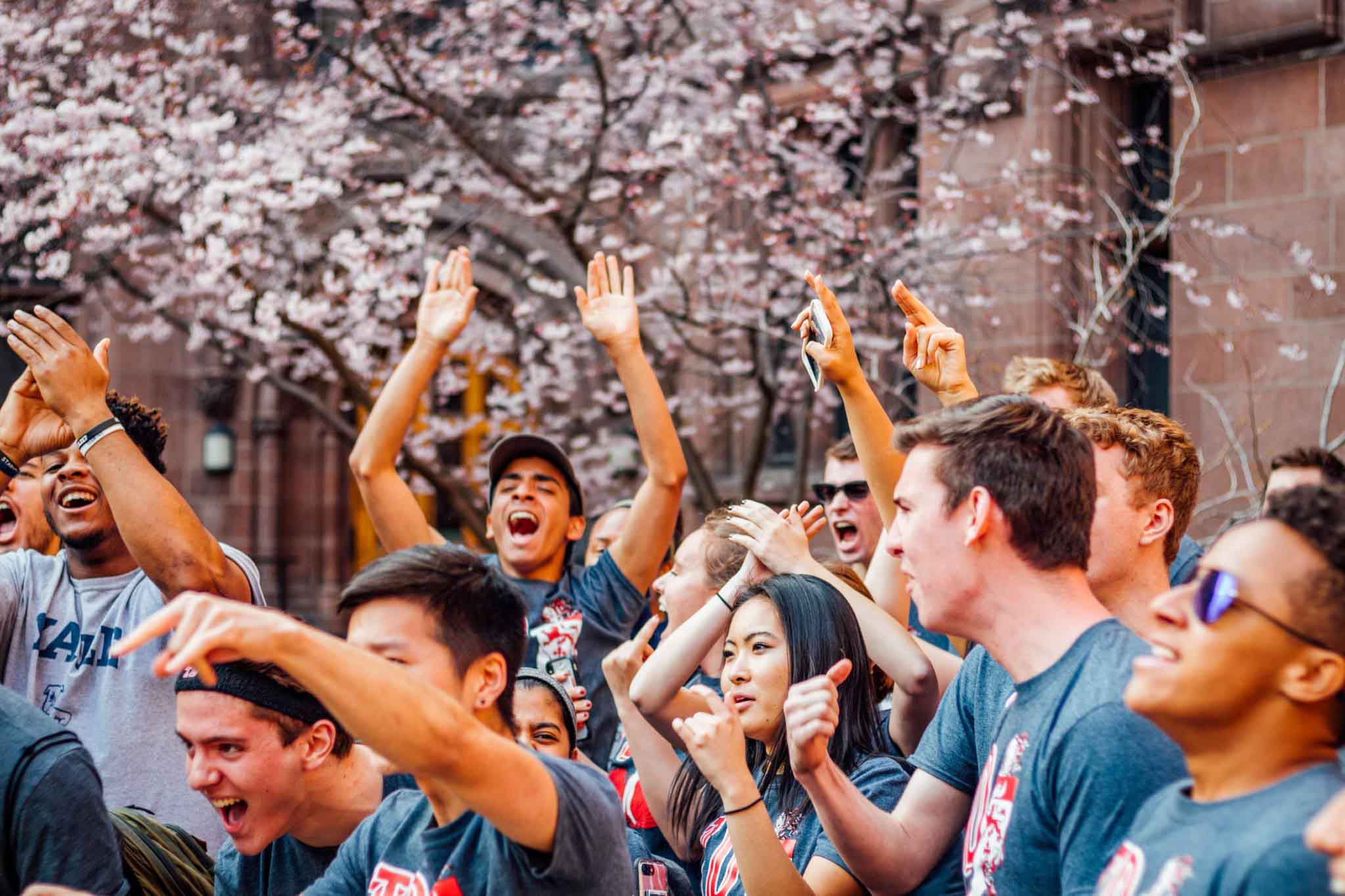
Starting this year, Yale will have more formal programming to serve first-generation low-income students through the new First-Generation Low-Income Community Initiative, which the Yale College Dean’s Office recently announced.
While the Dean’s Office and various student groups have started programs in the past to help FGLI students, the new initiative aims to bring these programs together to form a cohesive whole. Over the summer, the University — assisted largely by José López ’18, a new Woodbridge Fellow whose work focuses on FGLI students — set up a website with financial, career and academic advice for FGLI students. The University also hired a team of FGLI student ambassadors and planned weekly discussions and workshops. In addition, leaders of the new initiative aim to create a “Career Closet” with formal clothing for students to borrow, coordinate community meals for FGLI students staying in New Haven over breaks and encourage students to make use of the opportunities offered by Yale’s Center for Teaching and Learning.
Yale College Dean Marvin Chun said that the initiative “will help students develop ownership of their education opportunity” by sharing their voices, experiences and perspectives. He added that the University decided to work on the initiative now because it is simply “the right time” to do so. He pointed out that the Class of 2022 is the most diverse in Yale’s history.
“Yale has been really listening to our FGLI students over the past several years as they identified their needs or gaps in information about the Yale experience,” said Associate Vice President and Dean of Student Engagement Burgwell Howard. “We saw an opportunity to address this ever-growing population and support them as they become a significant and important part of the Yale community.”
Howard added that the University hoped that the combination of information consolidation, programming and resources will help students “find their footing more quickly while at Yale” and “share what is so special about themselves,” while also allowing them to take full advantage of being at the University.
López said that the Initiative’s main goal is “to begin a cultural change at Yale.”
“[The change] will present FGLI students in a new light by allowing them to reclaim the narrative in their own voice,” López said. “We are challenged with questioning what it means to be inclusive to students attending a space that was not made for them, and — as an FGLI alum myself — I believe we have often expected students to change much more than how much we expect Yale to change.”
He added that one of the “most salient patterns” of the FGLI experience is a sense of alienation from the larger University community, which often translates into feelings of loneliness and unrelatability. As a result, López said, it made sense to bring all the diverse FGLI campus groups together.
This year, López added, the people working on the initiative will focus on fostering a community among the students.
“How do you intentionally create spaces that allow students to be themselves and share with enthusiasm, rather than shame or apprehension, about the communities and experiences that have formed them — communities that are, in some cases, being represented on campus for the very first time?” he said. “It’s a complicated question, but one we are approaching with enthusiasm and support from the FGLI community.”
Natalia Taylor ’21, president of Yale’s chapter of QuestBridge — a national nonprofit that connects high-achieving, low-income students with colleges and other resources — said that she was excited to have an umbrella group that would connect all the different FGLI campus groups.
“We’re beginning to build and solidify our community and have developed a network of support for one another,” Taylor said. “This organization, and the people in it, are a great resource for all FGLI students.”
Neche Veyssal ’20, who is one of the people formally managing the recently created FGLI Facebook group, said she believes the initiative will serve at least to increase awareness of Yale’s various resources for FGLI students.
She added that one of the key focuses of the initiative at the moment is eliminating the stigmas that comes with being FGLI.
“Students may not see it as an issue, but as just proven by a quote in Rumpus stating ‘a quarter of you got in because you’re poor,’ it’s clear that there still needs to be work done on campus,” she said. “Statements such as these undermine the work students from all sorts of backgrounds do to get here — we earned our spots here just like everyone else did. To equate it down to financial status is wrong and insulting.”
The Initiative’s first event, called “Introduction: (Re)Defining FGLI and Establishing Community,” will take place on Sept. 10 at the CTL.
Anastasiia Posnova | anastasiia.posnova@yale.edu







